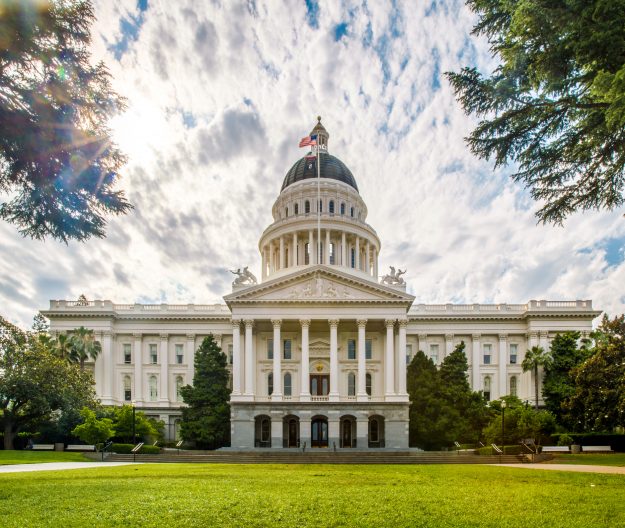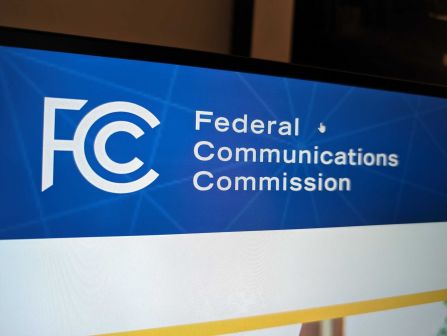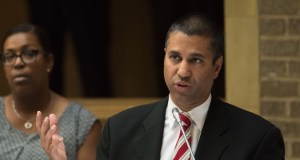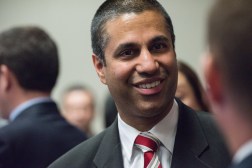California Senate passes ‘gold standard’ net neutrality bill, New York may follow

The Golden State is in the process of setting what advocates are calling a “gold standard” for net neutrality legislation.
Last week, the California state senate passed SB 822 , a net neutrality bill that goes above and beyond similar bills in Washington, Oregon and a handful of other states that have enacted executive orders by outlawing a number of broadband practices telecom companies favor — blocking and throttling content, paid prioritization, and zero-rating. The bill is the latest in a string of state-led efforts to counter the Federal Communication Commission’s December vote to roll back Obama-era net neutrality protections.
The bill , introduced by Democratic Sen. Scott Weiner, would be the third of its kind if it passes the house vote that’s expected to take place later this summer. Governors in Montana, Vermont , New Jersey, New York, Rhode Island and Hawaii have already issued executive orders maintaining that internet service providers and telecommunications companies must adhere to the principles of net neutrality if they to do business with state government, but SB 822 does that and more, said Katharine Trendacosta, a policy analyst at the Electronic Frontiers Foundation.
“The orders and laws that have been passed, as a general rule, mostly just reflect the 2015 Open Internet Order and reinstate those protections, which is good,” Trendacosta told StateScoop. “But SB 822 makes sure to tie those net neutrality protections to receiving government contracts or subsidies so no ISP can get money from the state of California or any other governmental group within California that is not adhering to net neutrality principles.”
The 2015 Open Internet Order that established net neutrality as a policy is what current Federal Communications Commissioner Ajit Pai helped roll back last year. Before Pai took office, the FCC was primed to investigate zero-rating — the practice of ISP’s choosing which data will count against a data cap — but Pai promptly ended the investigation .
“The best example for zero-rating is if you have a data cap, and a company can choose not to count something — which is why its zero-rated — against a data cap,” she said. “If [telecom companies] do that, that encourages people to use [the zero-rated service]. It also encourages providers to keep data caps low because they can charge you for your plan and get money from zero-rating.”
SB 822 outlaws the practice of zero-rating, which Trendacosta says no other piece of state legislature has done yet.
California’s bill has received massive support from former policymakers and private citizens. A letter with 53,000 signatures of California residents urged the Senate energy committee to pass the bill, while former FCC commissioners Tom Wheeler, Michael Copps and Gloria Tristani sent a letter to Democratic Sen. Ben Hueso, chair of the energy committee.
New York lawmakers, including Democratic state Sen. Brad Hoylman, have also been encouraged by the bill, and are now looking to push a mirror bill in the name of a “bi-coastal” effort to restore net neutrality.





